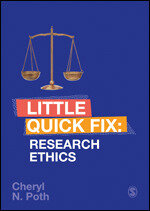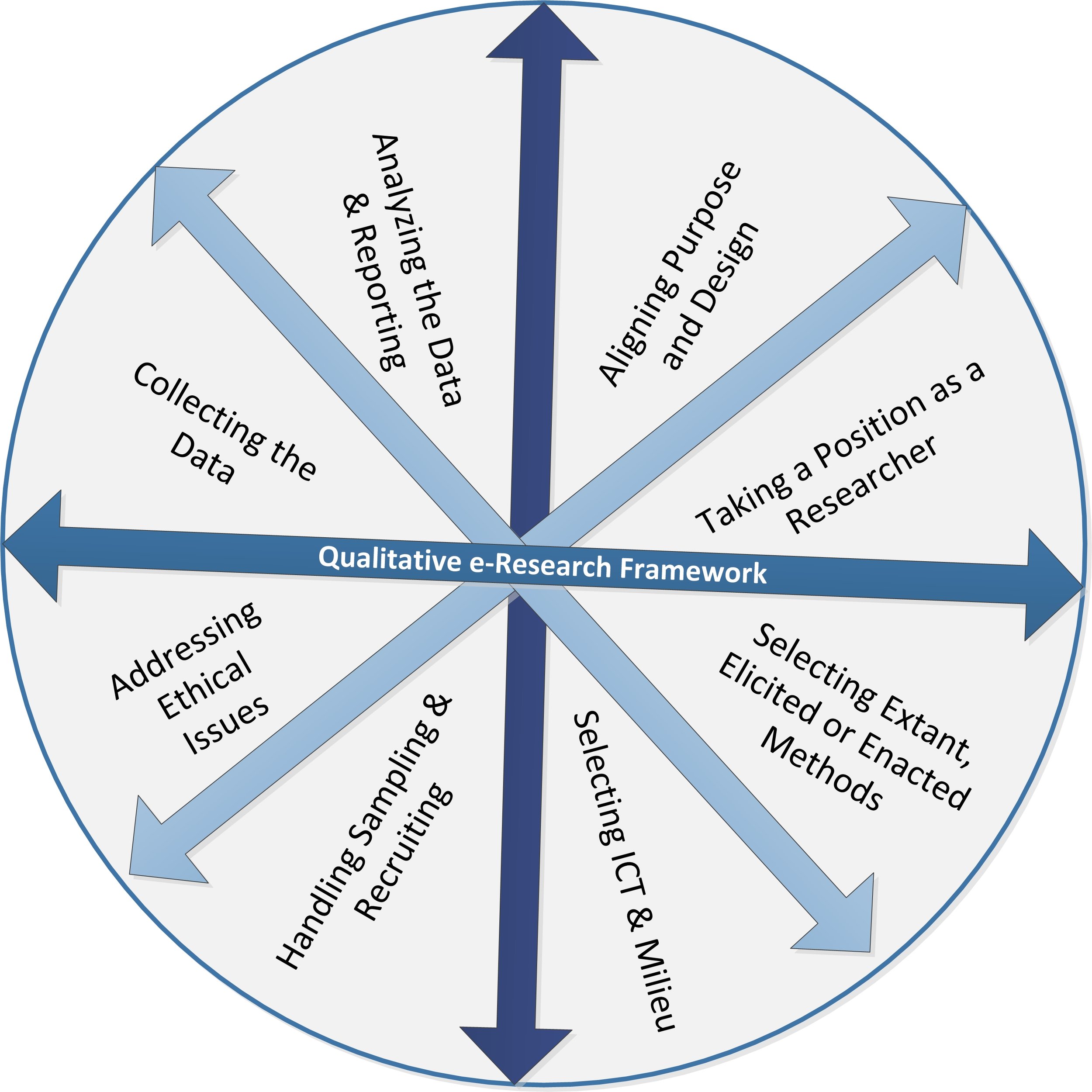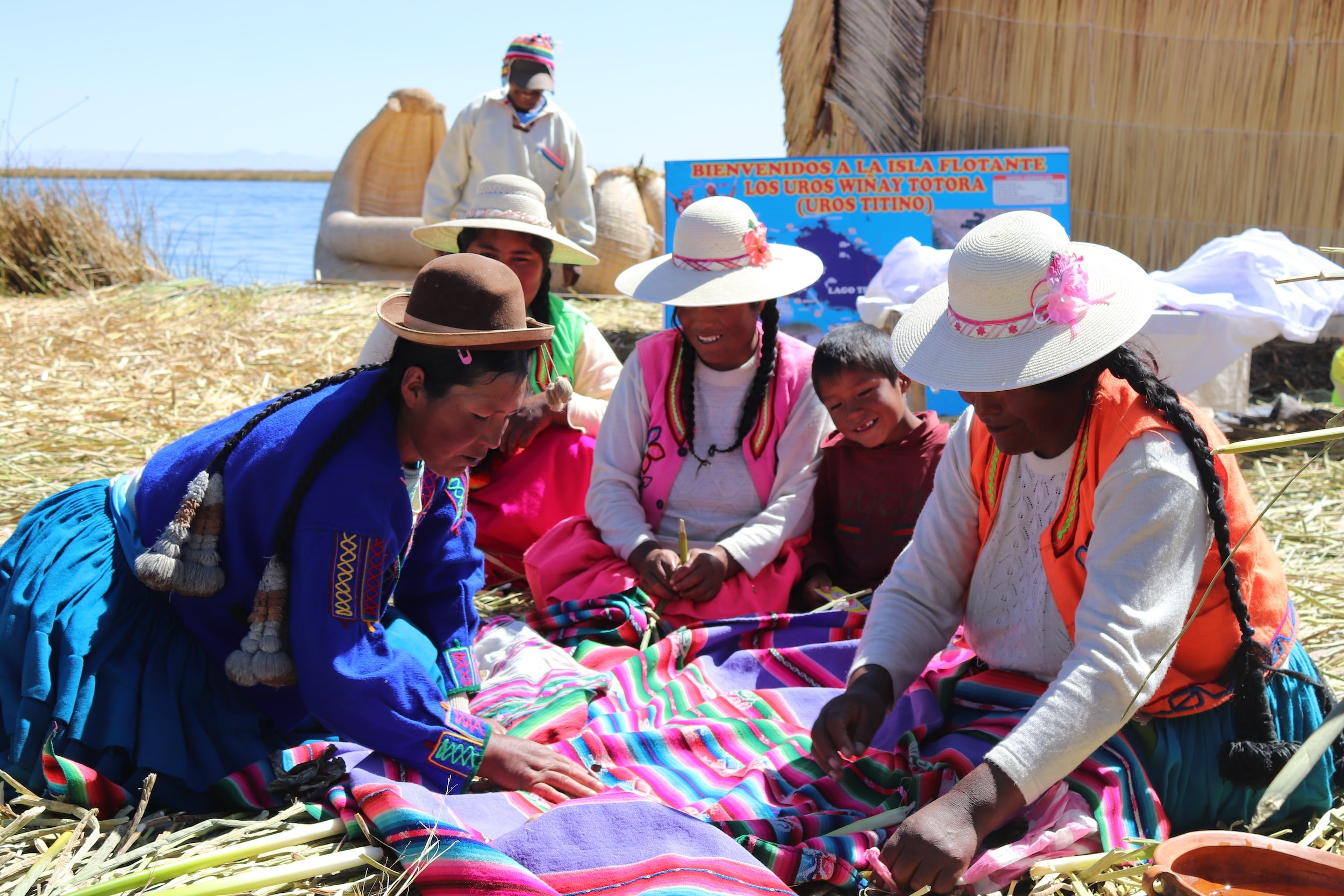Facing Ethical Dilemmas During Research
By Cheryl Poth, Ph.D.
The focus for March 2021 was on Designing an Ethical Study, and Dr. Cheryl Poth served as Mentor in Residence. Dr Poth is the author of award-winning Sage books about qualitative and mixed methods research. Use the code COMMUNIT24 for a 25% discount when you order books from Sage, good until December 31, 2024.
When we offered the Research Ethics in Practice webinar, we were flooded with questions that we did not have time to answer. I collated three pages of thoughtful queries! I’ve answered a couple of questions about choosing platforms that allow you to protect data, and panelist Natalia Reinoso Chavez, from the Universidad de la Sabana in Bogotá, Colombia wrote her responses to some of the critical issues. In her previous post, Mentor in Residence Cheryl Poth clarified some points about research with vulnerable participants and here she discusses ways to prepare for ethical dilemmas once a study is underway.
In this final post, I wanted to discuss a question that I get asked all the time: How can researchers prepare to respond appropriately to arising ethical research issues during the conduct of research?Consider if the following has ever crossed your mind, ‘If I plan to do ethical research then it will happen right?’ The answer is not straightforward because each research study is unique and remember the conditions in which you are undertaking your research are constantly changing in ways that are not always predictable.
When you write a well-articulated research plan, you have already considered potential ethical issues and put into place the necessary procedures for meeting the standards for ethical research. Yet anticipating all the ethical issues that might arise unexpectedly during the study is unlikely. The challenge for many researchers is that while you must be prepared to respond appropriately throughout the research, few researchers are actually prepared.
Reflexivity
Reflexivity is an active, ongoing process of examining oneself as a researcher and how one’s assumptions and preconceptions affect our research decisions. Reflexivity is the process of becoming self-aware of one’s potential and real biases. Importantly, reflexivity can help prepare researchers for many ‘ethically important moments’ that will arise in the day to day life of a researcher.
As a starting point, I offer the following questions in the Research Ethics book to help researchers to consider:
To assess shared personal identities related to this study:
Which identities do you share (or not share) with your participants?
How do the common and different identities affect the way in which participants might interact with you as the researcher?
How might the interactions influence the information participants share?
To identify motivations for study involvement:
Why pursue the problem addressed by your study?
To what extent do personal identities lead you as the researcher to look for specific things?
Could your personal motivations lead you to draw specific conclusions?
Another way to enhance your preparedness, is to consider common changes that occur in research. It is hard to predict but examples of issues that can arise and require our attention involve:
Our instruments or protocols creating unintentional participation barriers; for example, our scheduling of focus groups meant participants without childcare access could not attend
A question was inadvertently distressing to participants; for example, a question about childhood triggered a traumatic response
Our participants experiencing interference in their participation; for example, our participants were subtly coerced by their boss
Our participant relationships extending beyond the study scope; for example, our participants wanting remain contact beyond the study
For many issues, there is no clear right or wrong answer about how to respond. It is essential that you take the time to carefully consider your options and then discuss the options with someone. This can help you make the best decision possible for your specific circumstance. If you make significant changes to your research plan, then you may need to submit an updated research plan to an ethical review board. Be sure to ask questions and inform yourself.
It has been my pleasure to spend this month with you as the mentor-in-residence! I hope you have gained some practical guidance about how to conduct ethical research. I have recently been engaged in some research around what ethical issues researchers are experiencing and would love to hear from you!
























Do you think about research questions as an insider, outsider, or somewhere in between? Why is positionality important in online research?